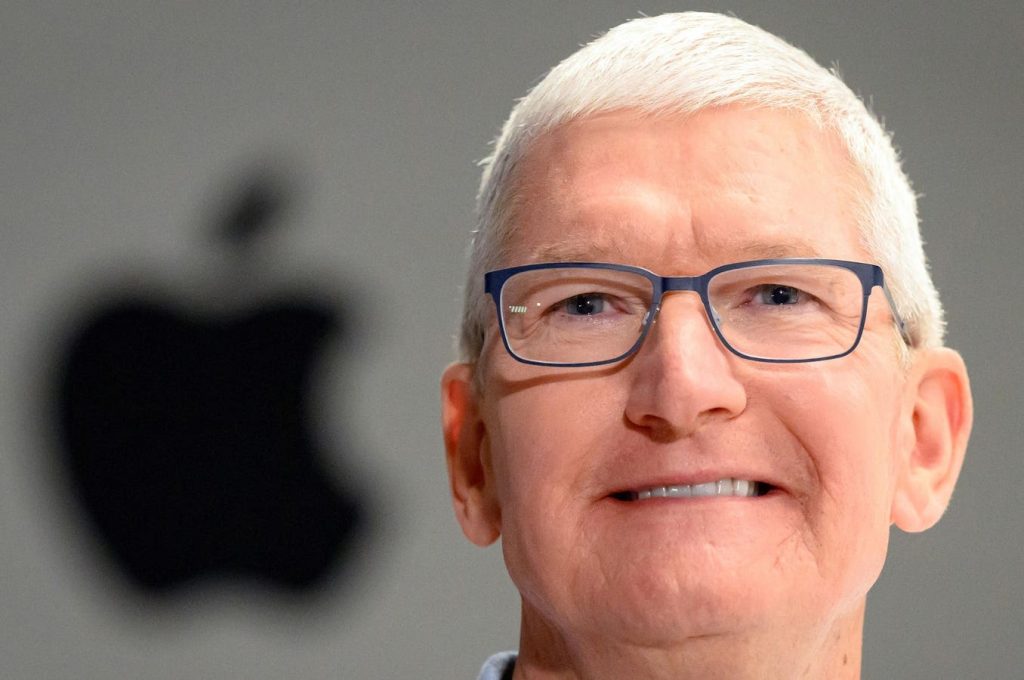This week at WWDC, Apple unveiled updates to its operating systems, including new accessibility tools such as Eye Tracking, Music Haptics, and Vocal Shortcuts. However, the introduction of artificial intelligence (branded as Apple Intelligence) raised concerns for Tim Cook, who admitted that it is not yet 100% perfect. The AI software will require iOS 18 and the latest A17 Pro chipset, limiting compatibility to newer iPhone models.
While iPhone owners will miss out on AI features due to hardware limitations, iPad and MacBook users with Apple Silicon Mxx series hardware will have access to the new features. Apple also announced Private Cloud Compute, a solution for processing user data in the cloud while maintaining privacy. The server code used in Private Cloud Compute will be publicly accessible for verification by independent experts.
In addition to AI updates, iOS 18 will introduce Game Mode to enhance gaming performance on iPhones. The update will minimize background activity, reduce latency with Bluetooth game controllers and AirPods, and sustain high frame rates during gameplay. Meanwhile, iPadOS received an update that includes a calculator with support for Apple Pencil, allowing users to write down math problems that the app can solve using Math Notes.
Despite allowing retro gaming system emulators, Apple continues to block the emulation of retro PC systems on the App Store. UTM, an open-source app for retro PC emulation, was rejected by App Review, citing that a PC is not a console. Apple has also prevented UTM from being listed in third-party app stores in the EU. This decision has disappointed developers and consumers interested in retro PC emulation.
Overall, this week’s news from Apple and WWDC highlights the company’s focus on AI, accessibility, privacy, gaming, and software updates for its devices. While some users may be limited by hardware requirements for AI features, Apple continues to innovate and improve its products to provide a better user experience. The blocking of retro PC emulation on the App Store shows Apple’s commitment to maintaining control over the content and functionality of its platform.


